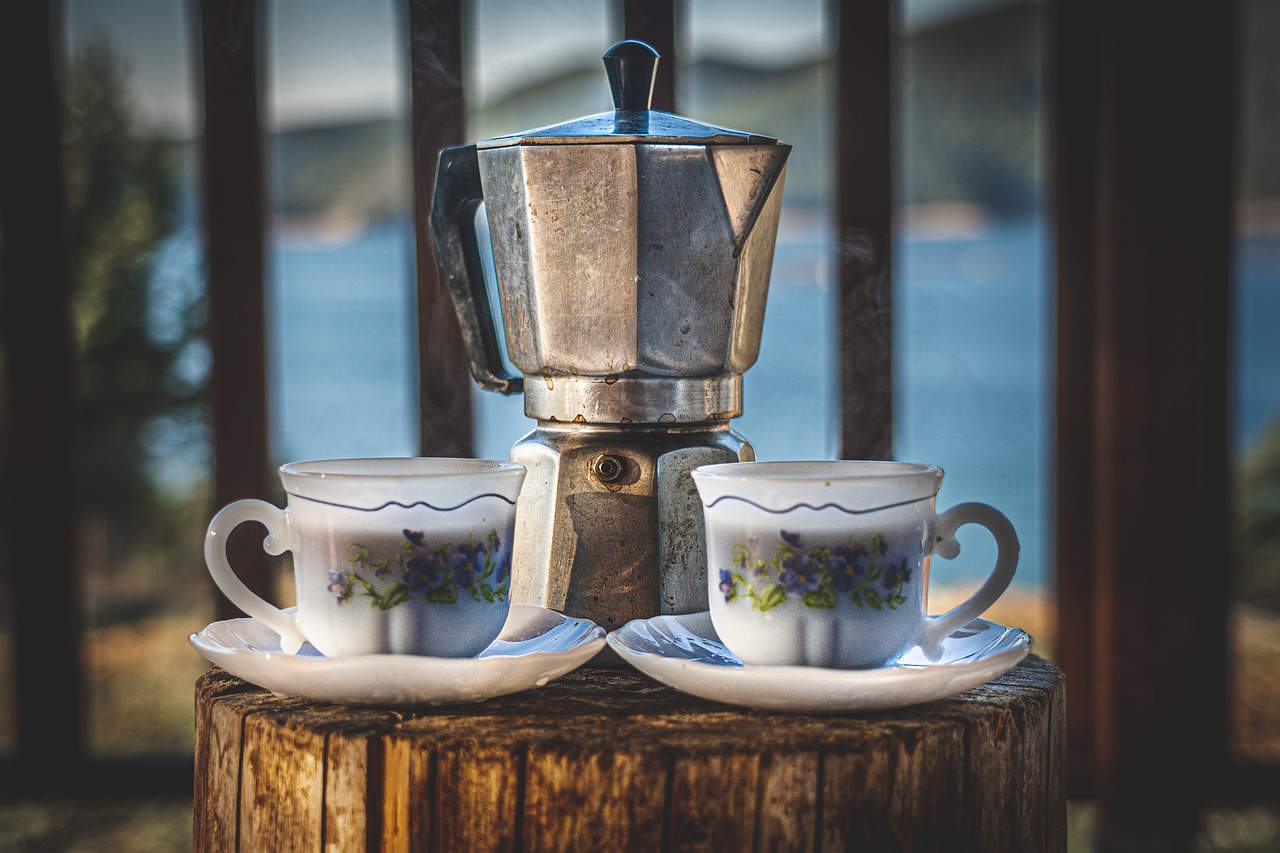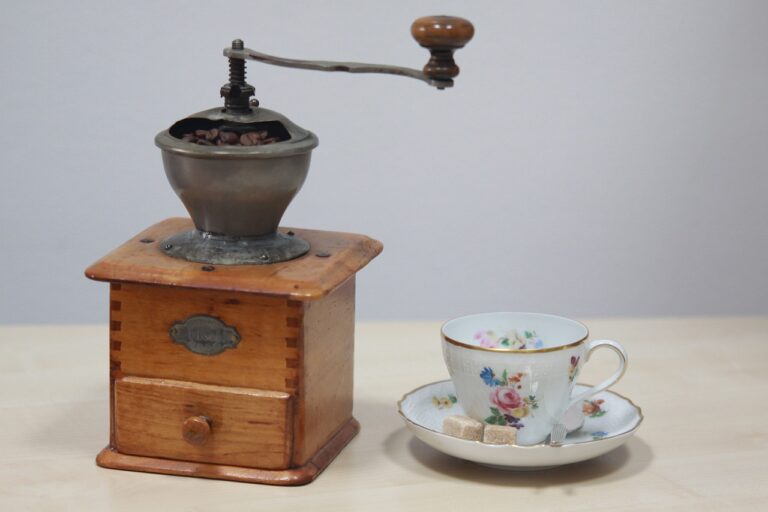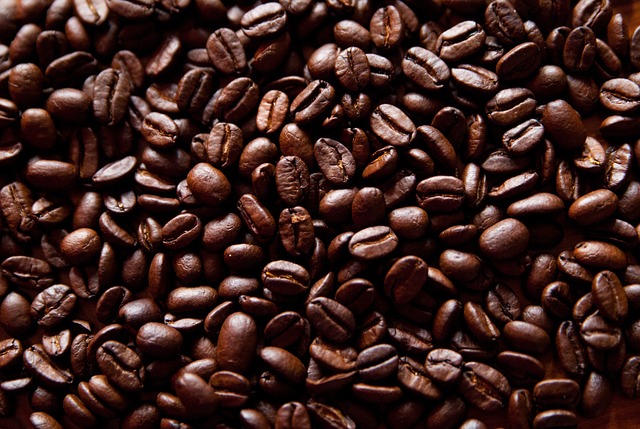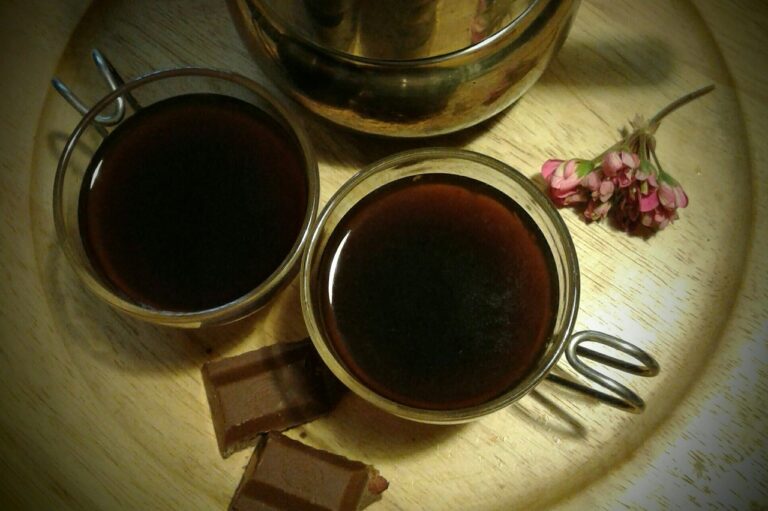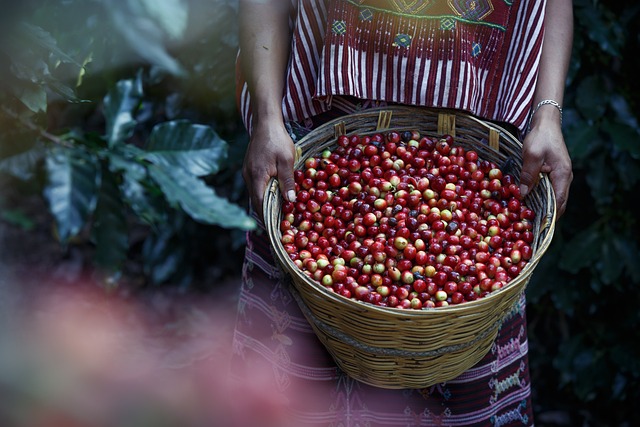The Role of Coffee in Culture: A Journey through the World of Coffees
Coffee, often referred to as the “elixir of life,” holds a significant place in cultures around the world. Its rich history, diverse flavors, and cultural impact make it a fascinating subject to explore. In this article, we embark on a journey through the world of coffees, delving into its origins, cultural significance, and the various types that have captivated enthusiasts for centuries.
Origins and Early History
Coffee’s origins can be traced back to the ancient coffee forests of Ethiopia, where legend has it that a goat herder named Kaldi discovered coffee beans after noticing the energizing effects they had on his goats. These beans were eventually cultivated and traded, spreading to the Arabian Peninsula, where coffee gained popularity.
During the 15th century, coffee became an integral part of Arabian culture, with coffee houses, known as “qahveh khaneh,” serving as lively centers for socializing, intellectual discussion, and entertainment. The popularity of coffee continued to spread across the Middle East, Persia, and eventually to Europe.
Coffee’s Global Spread
Coffee’s journey across continents was fueled by trade, exploration, and colonialism. The Dutch were instrumental in bringing coffee plants to Southeast Asia, while the French played a significant role in its cultivation in the Caribbean. Coffee plantations emerged in the Americas, particularly in countries like Brazil, Colombia, and Guatemala, transforming coffee into a global commodity.
As coffee spread, so did various brewing methods and traditions. Different cultures developed unique approaches to preparing and enjoying coffee, resulting in a diverse array of coffee beverages.
Cultural Significance
Coffee has become more than just a beverage; it’s a social institution. Coffeehouses have historically been hubs of intellectual and artistic exchange, fostering the development of literature, philosophy, and business. Today, coffee shops continue to serve as meeting places for people from all walks of life, sparking conversations and creating communities.
In many cultures, coffee plays a vital role in ceremonies and traditions. From the Italian espresso enjoyed at a bustling café to the elaborate coffee rituals in Ethiopia, coffee has woven itself into the fabric of numerous societies.
Types of Coffee: A Culinary Adventure
The world of coffee is incredibly diverse, offering a multitude of flavors, aromas, and textures. Here are some prominent types of coffee enjoyed worldwide:
1. Espresso
Espresso is a strong, concentrated coffee made by forcing hot water through finely-ground coffee beans. It forms the base for various coffee beverages like cappuccinos, lattes, and macchiatos.
2. Cappuccino
A cappuccino is a popular espresso-based drink made with equal parts of espresso, steamed milk, and milk foam. It’s known for its creamy texture and a dusting of cocoa or cinnamon on top.
3. Latte
A latte consists of one or more shots of espresso and steamed milk, often topped with a small amount of milk foam. It’s a milder coffee option with a creamy taste.
4. Americano
An Americano is made by adding hot water to a shot of espresso, resulting in a coffee that resembles drip-brewed coffee but with a stronger flavor.
5. Macchiato
A macchiato is a shot of espresso with a small amount of foamed milk, creating a stronger coffee flavor with a hint of creaminess.
6. French Press
French press coffee is made by steeping coarsely-ground coffee beans in hot water and then separating the grounds using a press. This method allows for a robust and full-bodied brew.
7. Cold Brew
Cold brew involves steeping coarsely-ground coffee beans in cold water for an extended period, resulting in a smooth, less acidic coffee concentrate, often served over ice.
Conclusion
Coffee, with its origins in Africa and its journey through cultures and continents, has become an integral part of human civilization. Its evolution from a simple bean to a complex culinary delight reflects our shared cultural experiences and the diversity of our world. As you enjoy your next cup of coffee, take a moment to appreciate the rich history and the cultural significance that accompanies this beloved beverage.

